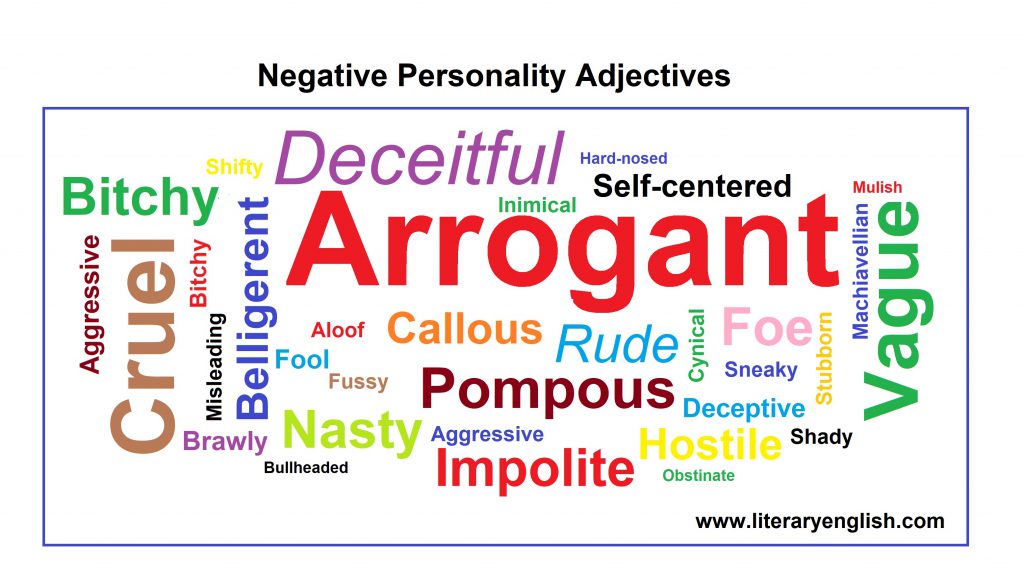For the last four years America had grown accustomed to hearing President Donald Trump speak. Trump’s speeches are often vibrant unplanned babbles about whatever is on his mind and never seems to bore. But the one constant that is very consistent is his use of extreme adjectives. People who use extreme speaking often are identified as having high-conflict personalities. (HPCs)
This means they have an ongoing pattern of all-or-nothing thinking, unmanaged emotions, extreme behavior or threats, and a preoccupation with blaming others. They have a target of blame, whom they regularly bully, harass, blame, humiliate, annoy, spread rumors about, and subject to many other adversarial behaviors. This pattern increases and maintains interpersonal conflicts, rather than reducing or resolving them — which is what most people try to do. Donald Trump exhibits all these traits in spades does not seem to have a problem with his behavior.
According to Psychology Today, here are the tell-tell signs if people you know have a high-conflict personality.
Words:
It is easy to watch out for their words. Do they speak in extremes most of the time, such as all-or-nothing terms? Are people either all good or all bad in their eyes? Or winners or losers? Do they blame other people for their own problems? Are they unable to reflect on themselves and see their part in problems?
The more frequently you see this type of problem, the more likely you will have to deal with it in the future. If people are all good or all bad in their eyes, you may be next. Do not fall for their extremely pretty words — they may cover up some very ugly behavior in your future relationship, whether it is romantic, work-related, or community-based.

Emotions:
What are your emotions around the person? Do you feel uncomfortable or on the defensive? Do you feel like you must justify yourself around them? Do you feel angry with them or angry with someone else, after they spoke about someone else? Emotions are contagious, and high-conflict emotions are highly contagious. You may catch the person’s fearful or enraged emotions, which be harmful to you if you act on them towards others. High-conflict people are always trying to recruit negative advocates for themselves, who will fight their fights and defend them when they are caught misbehaving. If you feel yourself getting sucked into one of their battles against someone else, stand clear!
Behavior:
Does the person have a history of extreme behavior? Do they constantly try to justify their extreme behavior with excuses, such as being tired or stressed, or say they are just responding to someone else’s extreme behavior? Would 90 percent of people ever do what this person has done? Even a single incident can tip you off to the presence of a pattern beneath the surface sometimes if the single incident is something that 90 percent of people would never do — even if they were tired, stressed, or otherwise out of sorts.
Keep in mind that high-conflict people can look good and behave extremely well for weeks or months sometimes, before showing their full range of negative behavior. Unless you have seen them in a crisis or close relationship, you may not know their potential for high-conflict behavior.
If you know anyone who has expressed themselves by using extreme adjectives, or by talking in an extreme language you might be frustrated with the relationship. You can let them know that they have a problem, or simply work to remove them from your life.
Whatever you do, understand that the stress of dealing with someone with HCPs will add stress to your day and life.
Bill Eddy/(c) 2017 High Conflict Institute
Source: Bill Eddy/(c) 2017 High Conflict Institute


